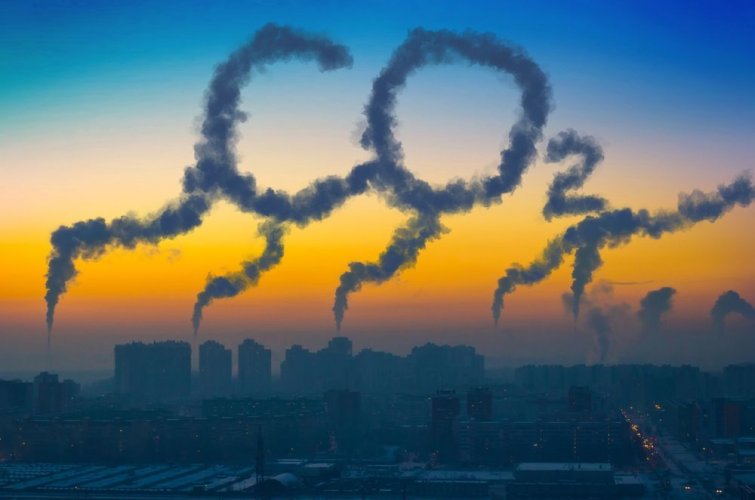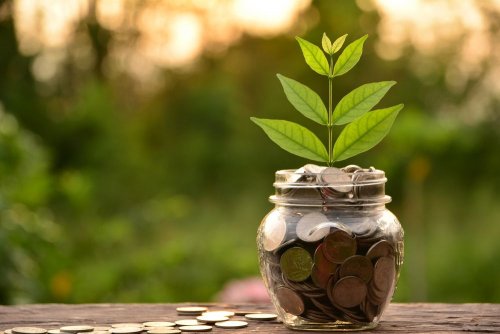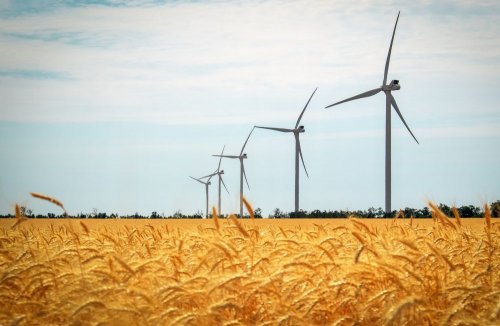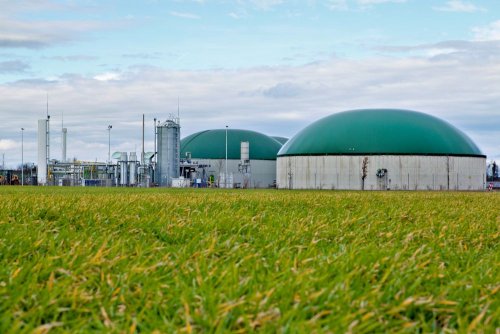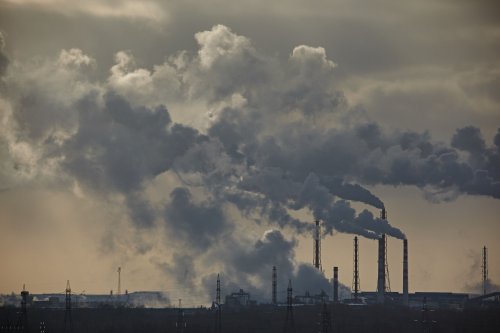The EU's plans to allocate 40 billion euros for carbon reduction projects have attracted many businessmen of different caliber to Brussels. They are actively proposing their own ideas for both improving existing processes and developing completely new technologies.
Politico talks about the EU's efforts to finance clean technologies and the challenges involved.
The EU is preparing to allocate €40 billion for projects to reduce carbon dioxide emissions. This is one of the steps to achieve climate neutrality by mid-century. In this regard, a whole group of entrepreneurs and big business leaders have gathered in the corridors of EU power, offering their solutions and claiming that they deserve to receive funds for their implementation.
For example, Stefan Borgas, CEO of the multibillion-dollar Austrian company RHI Magnesita, which produces refractory materials for various industries, is promoting his idea of capturing and storing carbon emissions in solid form before they are released into the atmosphere.
"If it works on a large scale, we can decarbonize everything: the entire value chain and the chain of our competitors," says Borgas.
He is ready to invest 50 million euros of his own funds in the project, but twice as much is needed to build the first plant.
In April, the European Commission's energy chief, Kadri Simson, carved out a few hours on her trip to Australia to visit a pilot plant that Borgas is building with a local startup.
Other entrepreneurs have also interested Brussels with their proposals, but have not yet received a financial reward for this. Thus, the Irish Ecocem positions itself as a "low-carbon" cement producer. His idea: "If we reduce the use of one type of adhesive in the production process, we can eliminate half of the carbon emissions of the concrete industry." And the EU can help with this, the company claims in promotional materials, noting that Brussels is making "little or no effort".
But the French battery manufacturer Verkor has already received a grant of 659 million euros to cover the company's research and development costs until the end of 2026. The company's goal is to manufacture batteries for electric vehicles right here in the European Union with the help of digitalization and more advanced development methods.
The authors of the article also note that the EU grant application process is complex and lengthy, and this favors larger companies with greater resources.
Earlier, EcoPolitic reported that EU should invest 600 billion euros in energy infrastructure for the sake of the green transition.

